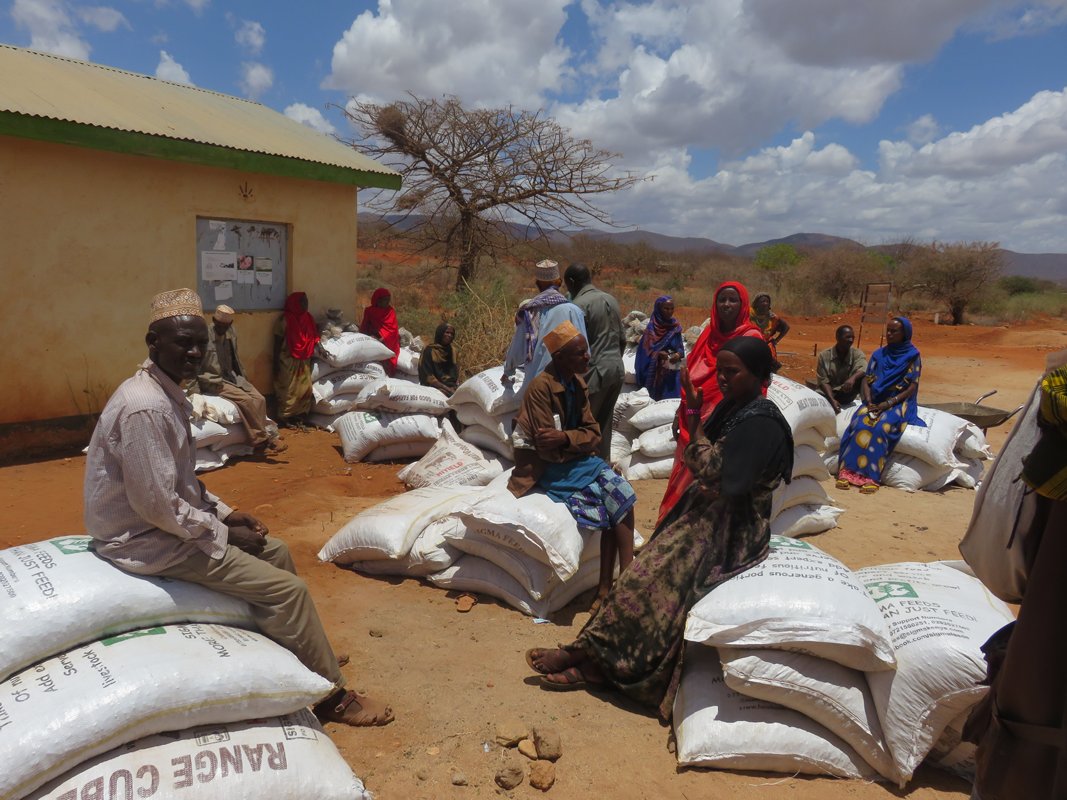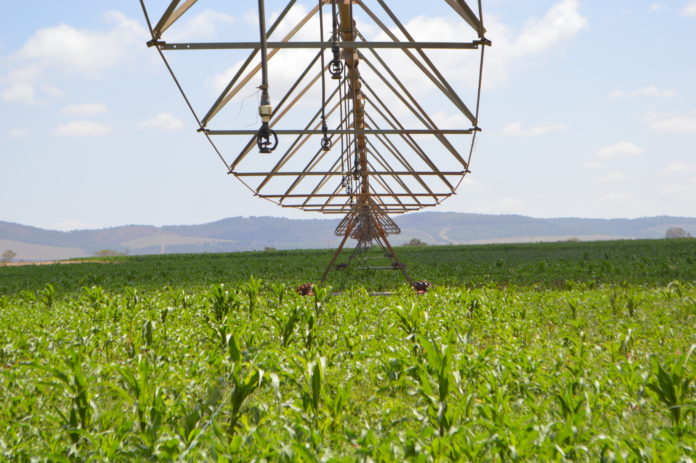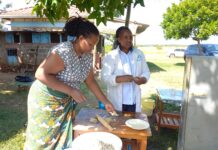By Winnie Kamau and Sharon Kiburi
Kenya is expected to conduct it’s first ever agriculture census in 2019.This announcement was made by Kenya’s Agriculture Cabinet Secretary Willy Bett during a meeting that drew Statisticians from over 15 Countries in Africa.
In Kenya, this will be the first Agricultural census done since it gained its independence in 1963. This will be integrated with Population census that is done every 10 years with the last one done in 2009. It is worth noting that during the last census in 2009 a component of Livestock was integrated and it is the data from that census that is being used till date.
The meeting, dubbed Regional Roundtable of the World Programme for Census of Agriculture (WCA) is held every 10 years in all parts of the continent led by the UN body Food and Agricultural Organization (FAO) urging governments to take stock of the Agricultural sector in preparation for the 2020 world census.
FAO Representative in Kenya, Gabriel Rugalema noted with concern on the lack of data in decision making for agriculture, “The importance of agriculture census cannot be emphasized with 800 million people undernourished globally, it is imperative the governments and development agencies must have accurate, timely and accessible data for decision making .”
Rugalema also noted that most African countries were the most affected with undernourished people at the same time most countries had the poor capacity of collecting, analyzing and disseminating data.
Willy Bett in his statement noted the critical role agriculture played in driving the economic agenda in Africa “Yet despite the opportunities in agriculture, we recognize that our agricultural systems are becoming more complex amidst emerging challenges such as climate change, new pests and diseases, declining agricultural land, growing population and food insecurity among others”

According to the Kenya National Bureau of Statistics (KNBS) Director General Zachary Mwangi in his opening remarks said Kenya would use a modular approach “We intend to use a modular approach where a limited core module will be administered during the Population and Housing census followed by thematic surveys”. Adding “Currently households are being georeferenced by mapping them this will give data on smallholder farmers. However, by 2018 a census of large commercial farms is scheduled to take place.”
Zachary also noted for the first time in the history of KNBS they will use computer Assisted Personal Interviews (CAPI) technology coupled with satellite imagery in undertaking the household mapping process.
Jairo Castano Leader of Agriculture Statistics in FAO, Rome noted the urgent need of Agricultural data saying “The Census of Agriculture is the only statistical operation that can provide data on the agricultural sector. Countries need this structural data for evidence-based planning and policy formulation” Adding “There’s no other statistical operation that provides this structural data”.
The benefits for the countries using the data from agriculture will not only help with sound planning but also in policy formulation for the development of the agricultural sector. The first agriculture census was conducted in 1840 by the United States of America till date they conduct decennial census.
During the meeting, the member countries of Africa cited financial challenges in conducting the census and each country was looking up to FAO for funding assistance. This begs the question why countries are not willing to prioritize Agricultural data which is the backbone of their economies.
In the above interactive map shows the Status of Agriculture Census in the member countries with data collected during the meeting. Five member countries Sierra Leone, Liberia, Somalia, Sudan and Eritrea have never conducted Agriculture census and affirmed during the meeting they had no intentions of doing so.
While a country like Rwanda does its annual agricultural sampling and census as part of making informed decisions in their Agricultural sector. Zimbabwe and Ethiopia have never conducted the Agricultural census and they confirmed they will be conducting the census by 2020. South Sudan the newest kid on the block had plans to take their first census this year (2017) but due to the instability being experienced in the country they pushed their plans to 2019 with the hope that things will be stable then.
It is the hope for any country that the data collected during censuses of agriculture will help in the formulation of policies related to agriculture and also help make informed decisions that guide their investments in activities related to agro-business.














